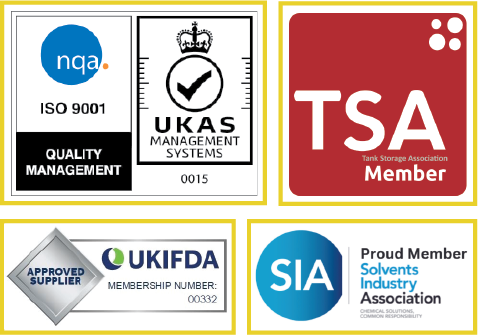Every workplace in the UK will be subject to health and safety laws and each industry will have its own risks. Therefore, the correct solutions and equipment have to be put in place to protect staff. The laws and legislation are governed by the Health and Safety at Work Act 1974. The laws are based around common sense and safe practices but the responsibility falls to employers, ensuring they manage health and safety correctly.
Your Responsibilities
When it comes to manual labour, you have to make sure that you cover all the required responsibilities. As a result, you will need to make sure that you implement safe systems of work such as fall prevention systems and solutions that can be used for the likes of liquid loading and road tankers.
Furthermore, it is important to provide relevant training and maintain work equipment to a safe standard which ensures it is safe to use and operate. You should also consider making the right welfare provisions and ensure that access is safe with all materials handled, transported and stored correctly. Along with this, you are also expected to provide all necessary equipment that relates to the interests of health and safety.
What About the Laws?
While health and safety might be based around common sense, it doesn’t mean that you should ignore it. In fact, there are both criminal and civil laws that apply to workplace health and safety and both are different. What this means for you, as an employer, you have to protect your workers from injury or illness. If you don’t do this, then the Health and Safety Executive might take action under criminal law while the individual might take action under civil law.
If you want to comply with the laws then you have to make sure that nobody has been harmed by any offence that is committed under Health and Safety legislation. However, the most important thing is that you have to make sure that you manage and control risks within the workplace when it comes to manual labour. This might include providing the right training for lifting items and providing the right equipment to assist employees.
Should you not comply with the law, then you will be committing a criminal offence and this could result in your receiving verbal or written advice or be given an improvement or prohibition notice and in the worst case, you might be prosecuted.
Furthermore, it is really important that you are aware of any changes as the laws and regulations can be updated periodically. If you fail to do this, you might unknowingly not be meeting the specific regulations that align with manual labour and the laws that govern them.
Manual labour comes with many different risks and those risks can be managed by understanding the laws. Therefore, it makes it especially important to understand your responsibilities and implement the correct training, solutions, systems and equipment as that will ensure you remain on the right side of the law.


